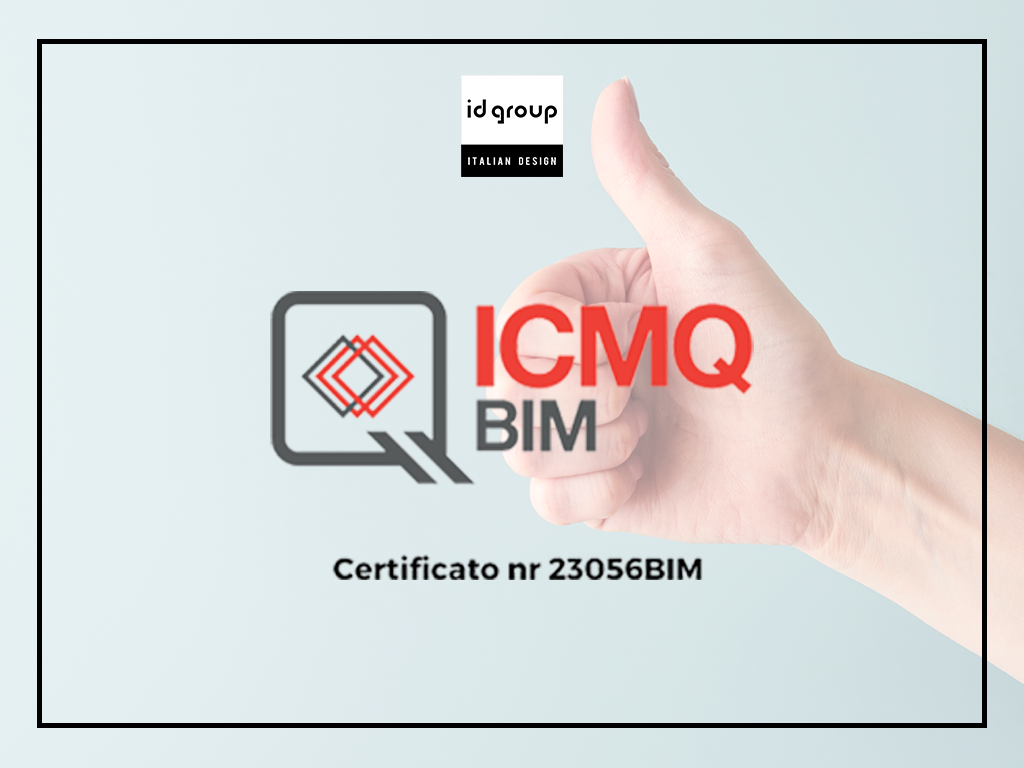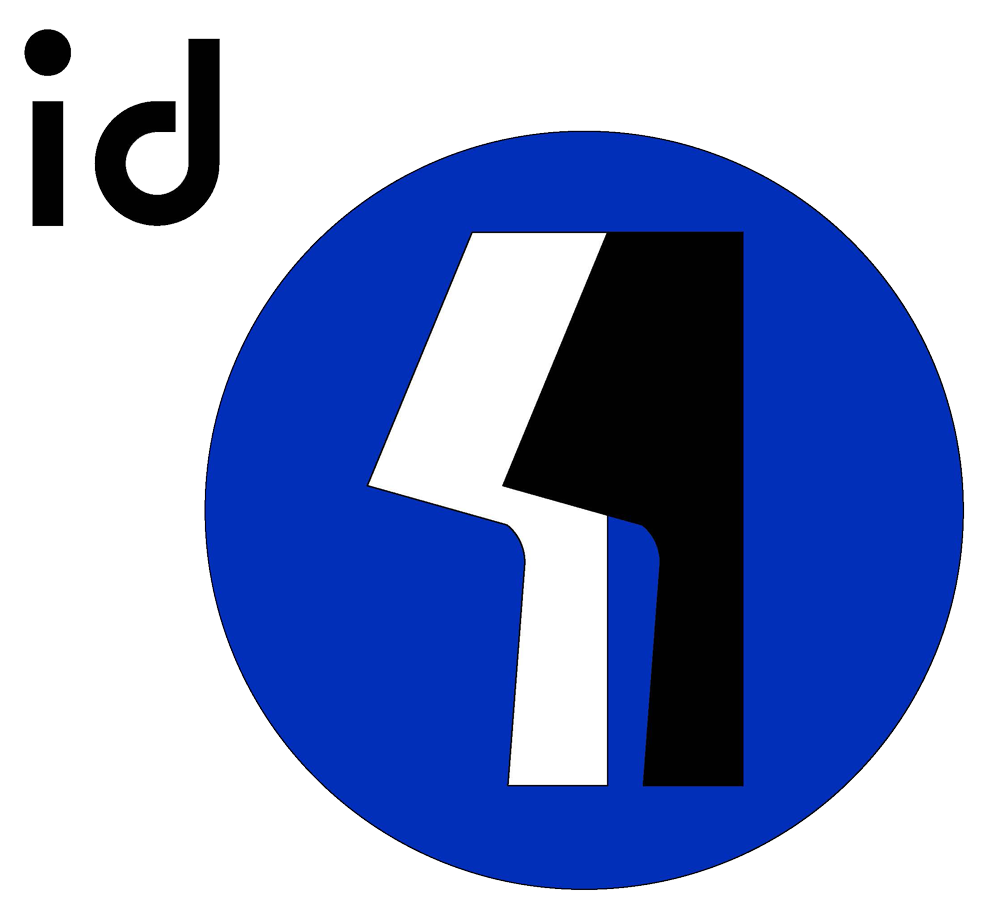The world of construction is evolving rapidly due to the advancement of technology. One of the most significant innovations is the introduction of Building Information Modeling (BIM) in the new Procurement Code. This legislation marks a turning point in the industry, as it makes BIM mandatory for certain categories of public works, paving the way for a new era of construction digitization in Italy. But what is BIM? What are its implications in the new contracts and its impact on the construction industry?
What is BIM?
Building Information Modeling, commonly known as BIM, is a working methodology based on intelligent 3D models that contain detailed information and data about a work or infrastructure. This approach enables all professionals involved in the construction process to collaborate on a common platform, improving communication and information sharing.
BIM in the new Procurement Code
The enactment of the new Procurement Code has brought significant changes in the way public works are designed and implemented. One of the main changes is the mandatory use of BIM for certain categories of works, with the aim of promoting innovation and quality in construction.
According to the new Code, works of a certain amount are required to adopt BIM throughout their life cycle. This means that public agencies, construction companies and professional firms must be ready to integrate this working methodology into their daily processes and operations.
The impact of BIM on the construction industry
The mandatory introduction of BIM is bringing significant impact to the construction industry in Italy. First, this technology fosters collaboration among the various stakeholders involved in the project, such as architects, engineers, designers and contractors. By sharing detailed information and working on a single 3D model, inefficiencies and errors can be greatly reduced, ensuring better planning and management of works.
In addition, BIM offers a major advantage in the construction phase, enabling precision and tighter control of costs and schedules. This results in greater overall efficiency and reduction of any delays or additional costs.

Digitization of construction through BIM does not end with the construction of the work. On the contrary, this methodology also offers benefits in the operation and maintenance phase of the building or infrastructure over time. The data contained in the 3D model can be used to schedule preventive maintenance work and monitor the health of the work over the years, thereby optimizing operating costs and extending its life.
BIM represents a major turning point in the construction industry in Italy, as its requirement in the new Procurement Code pushes the sector toward greater digitization and innovation. This working methodology based on intelligent 3D models promises to improve collaboration, efficiency and quality of public construction.

Id 11, a member company of the Id Group, prides itself on its ability to ensure a responsible and sustainable approach to project management, to be able to provide all-round support to agencies and public administration by providing innovative solutions and cutting-edge technologies for smarter and more sustainable management of the AEC sector. La SGBIM certification, recently obtained, is a tangible sign of our commitment, continuing to investing in technologies that enable the provision of services increasingly aligned with customer and market needs, and confirms the dedication to Driving change in the industry of construction, with a Future-oriented vision and sustainability.
If you are interested in finding out about our services and how we can support agencies and public administration with innovative solutions, please visit our
dedicated page
.
We are ready to guide you to a future of efficient and sustainable projects!





